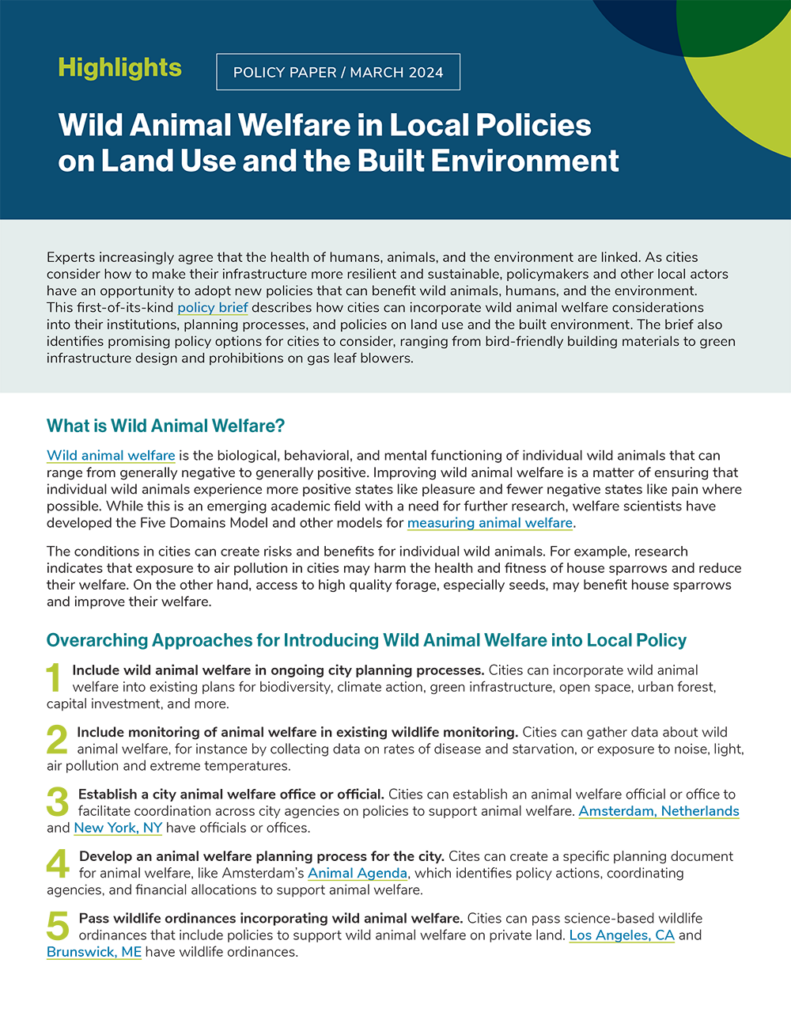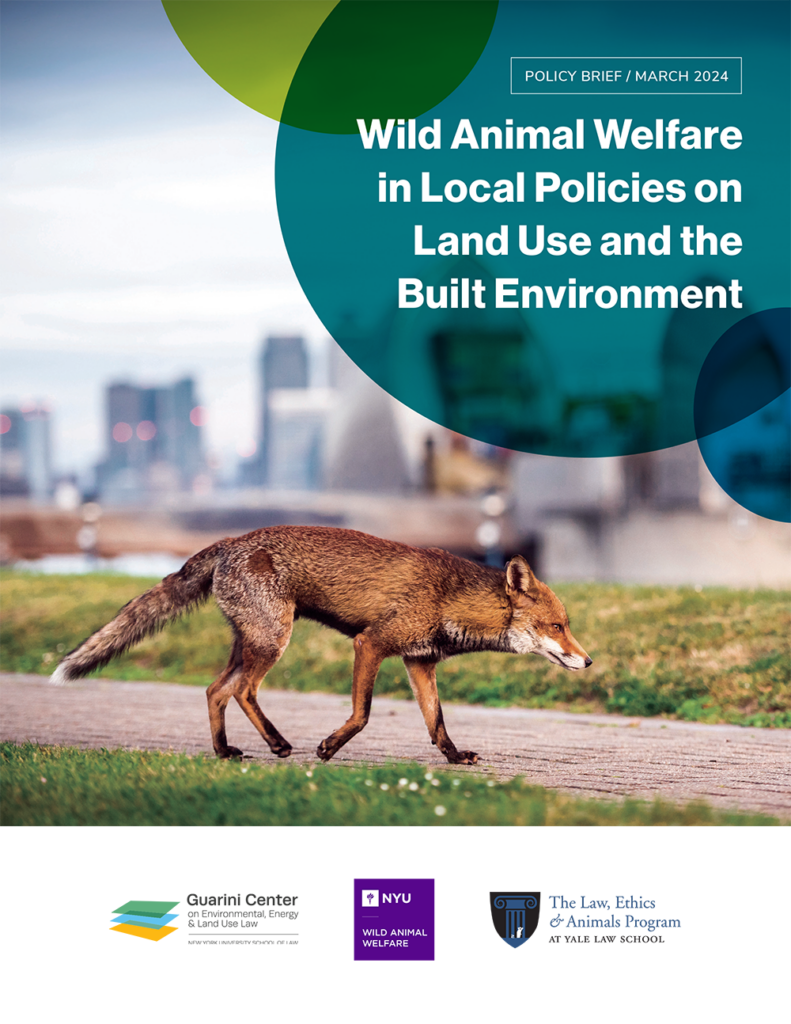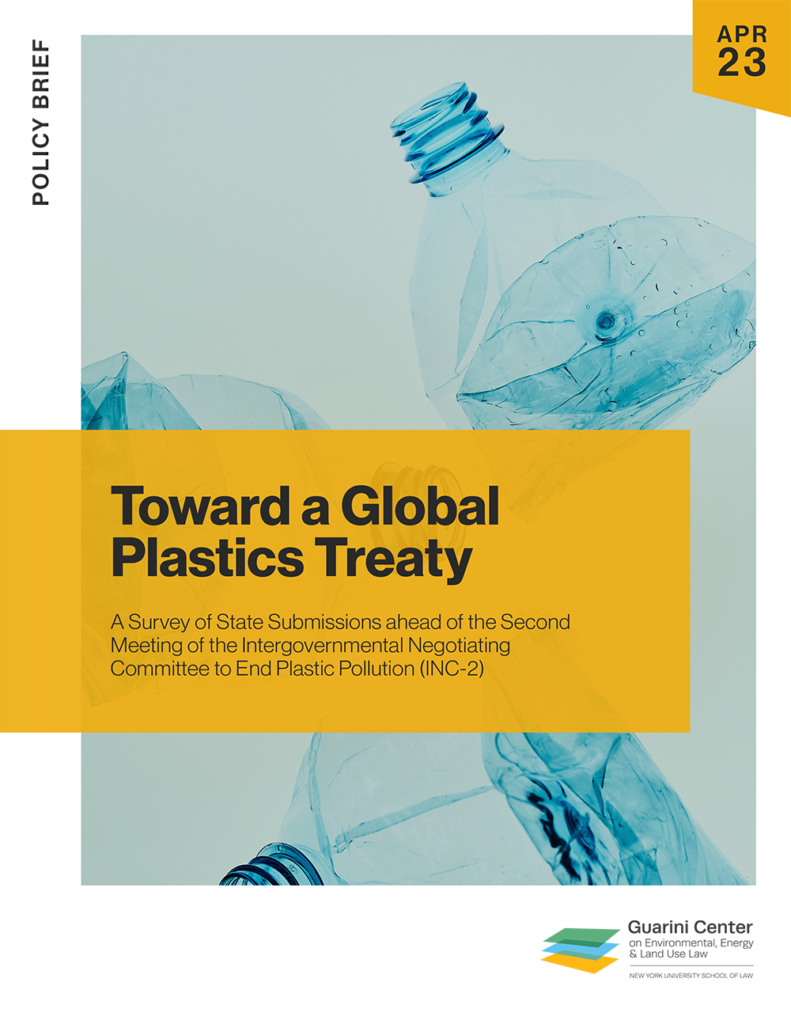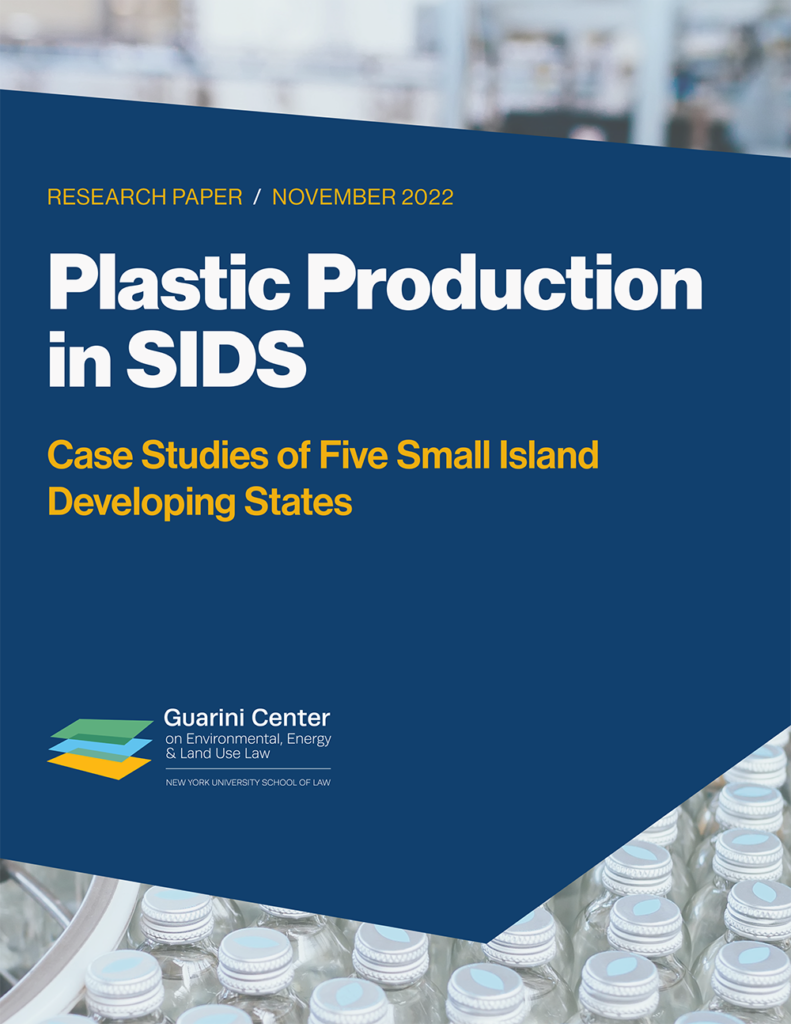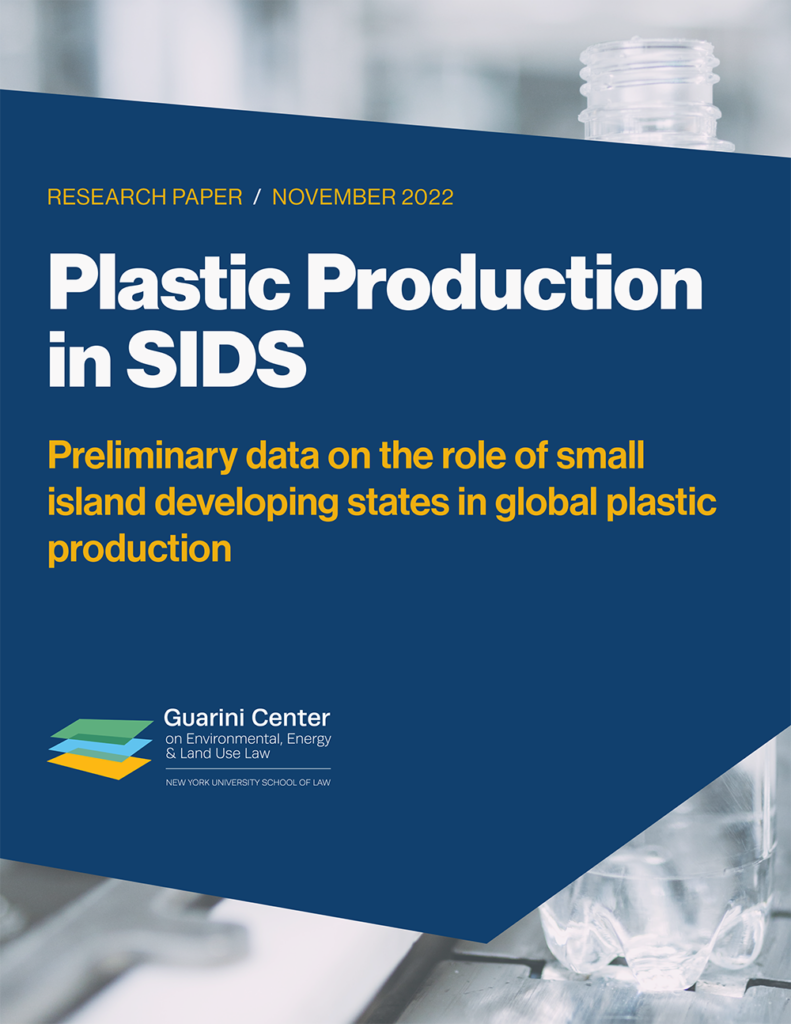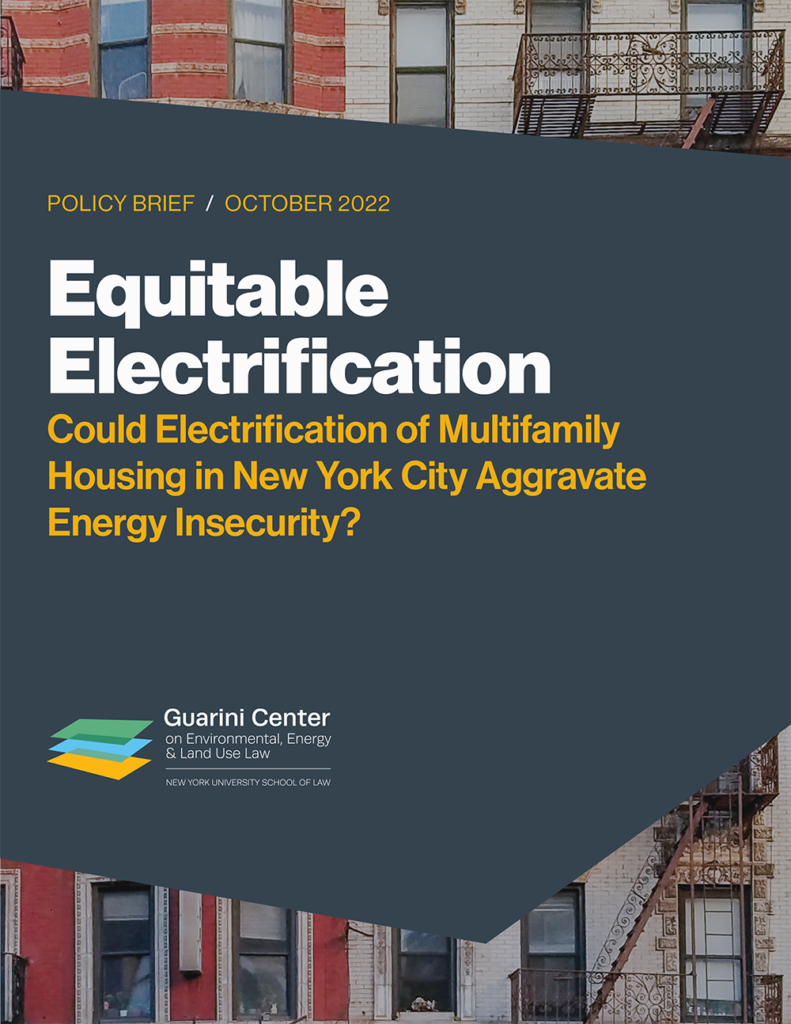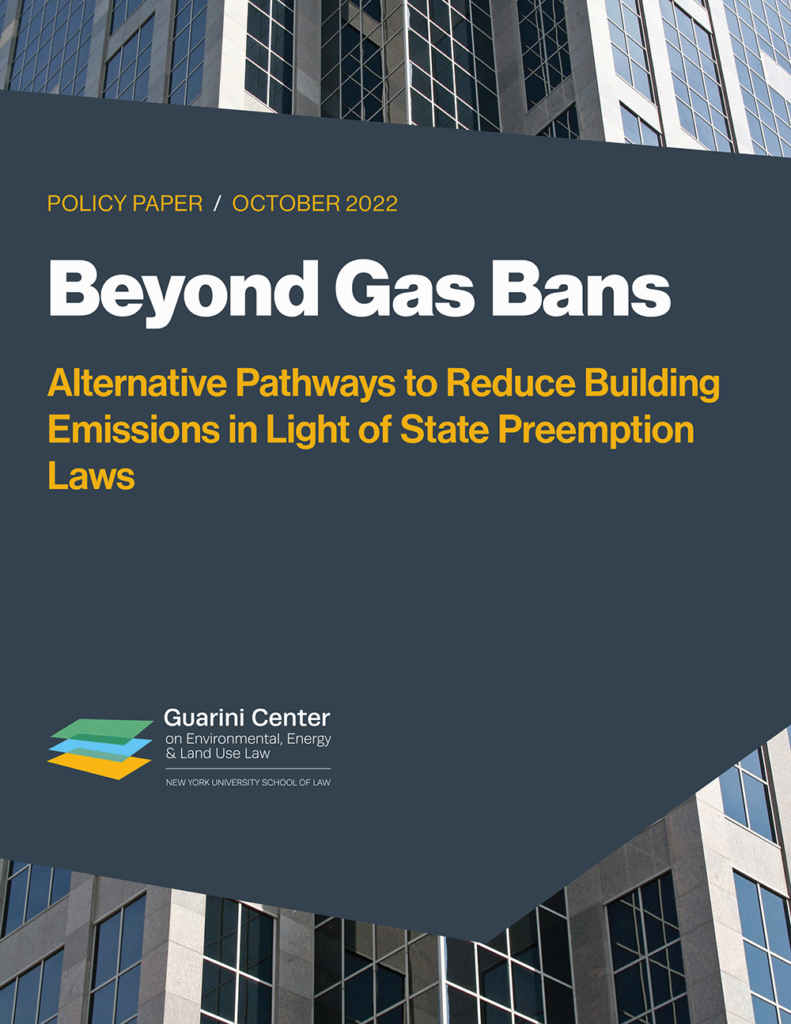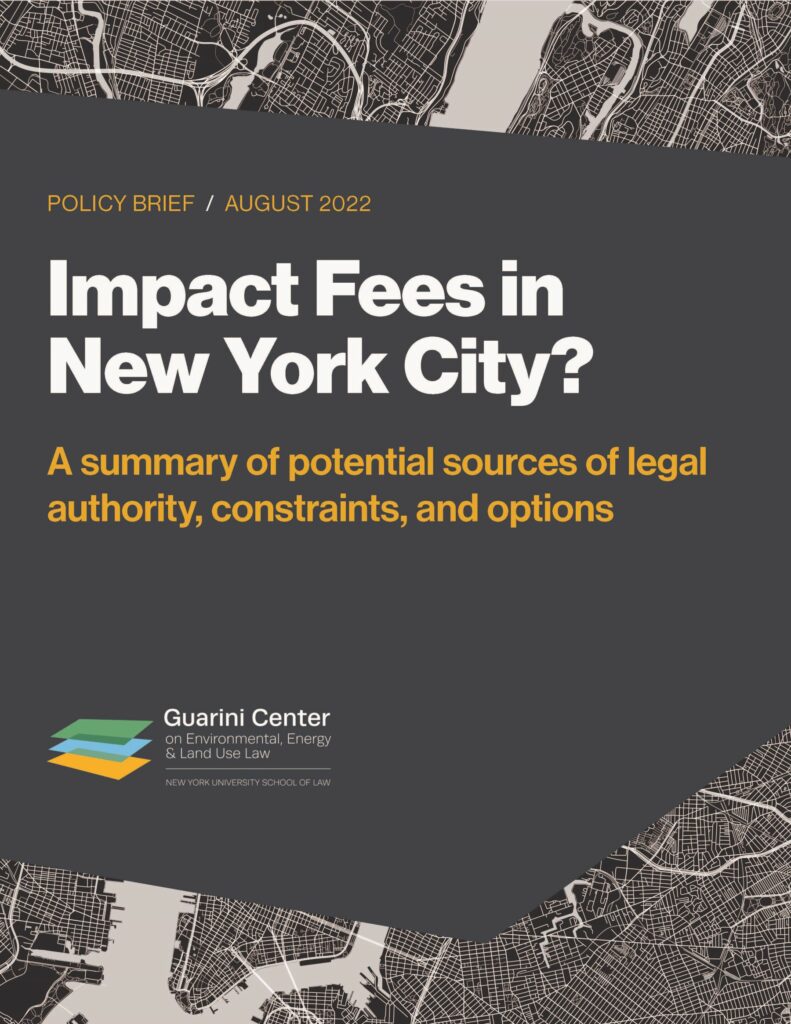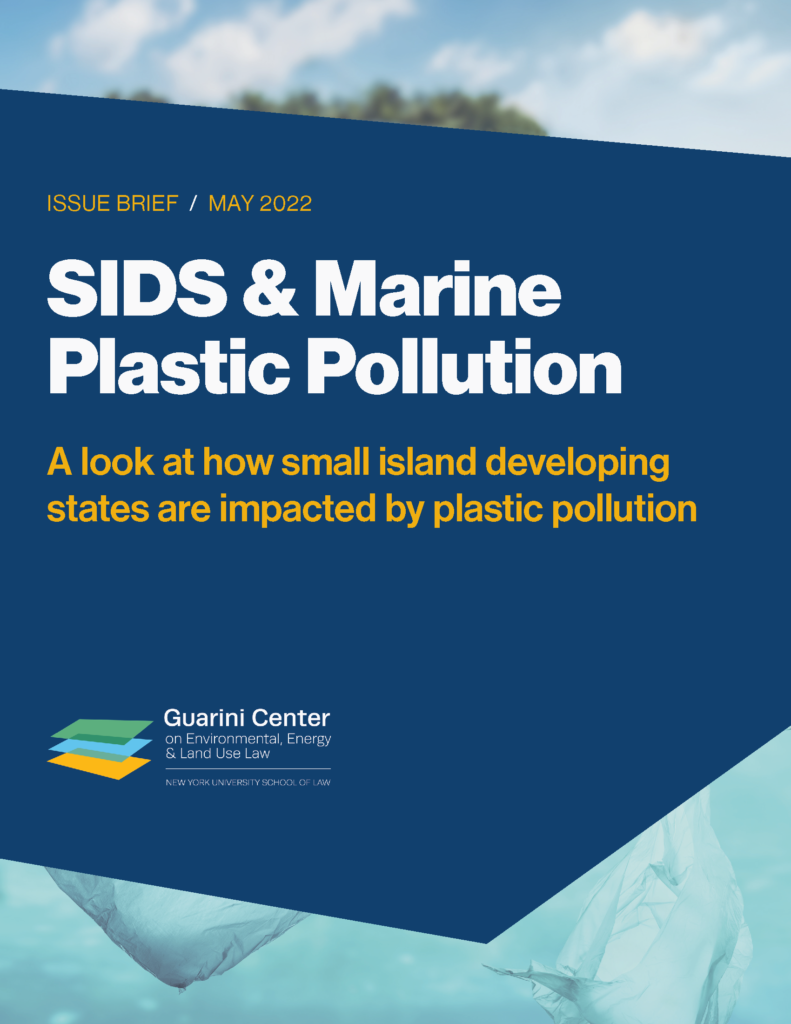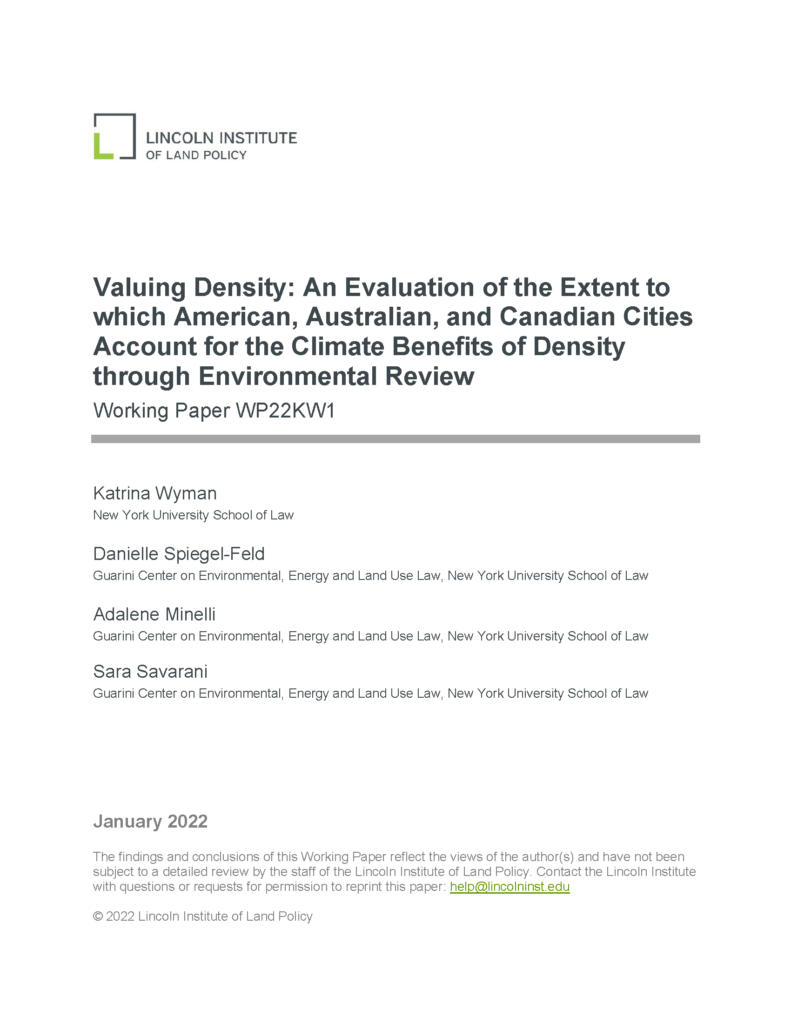Wild Animal Welfare in Local Policies on Land Use and the Built Environment: Highlights
Experts increasingly agree that the health of humans, animals, and the environment are interlinked. As cities consider how to make their infrastructure more resilient and sustainable, policymakers and other local actors have an opportunity to adopt new policies that can benefit wild animals, humans, and the environment. This document summarizes key highlights from Wild Animal […]
Wild Animal Welfare in Local Policies on Land Use and the Built Environment: Highlights Read More »

